Successful Competitive Intelligence
/A recent article in Harvard Business Review found that 45% of competitive intelligence (CI) findings weren't used when management was making decisions about strategy. However, those companies who used the power of CI for their decision-making had four common factors:
The CI analyst was assigned a "sign-off" authority over major decisions.
Management was open to perspectives that were different from the internal consensus.
The analyst's report called for proactive action more than reaction.
The analyst was involved in product launches.
The CI analyst having sign-off for major decisions was the most important factor to getting CI used out of the four reasons above. This would indicate that the CI analyst must sit with the decision-makers and be comfortable debating and influencing others about the CI collected. They can't just drop off the slide deck and leave, but must actively champion the value and opportunity that CI brings, and make it a core component of decisions. They've also got to have "skin in the game", by having their name and research seen to be supporting decisions in a very public way that is accountable. That also helps keep the CI honest and reliable. What's not to like about that!
